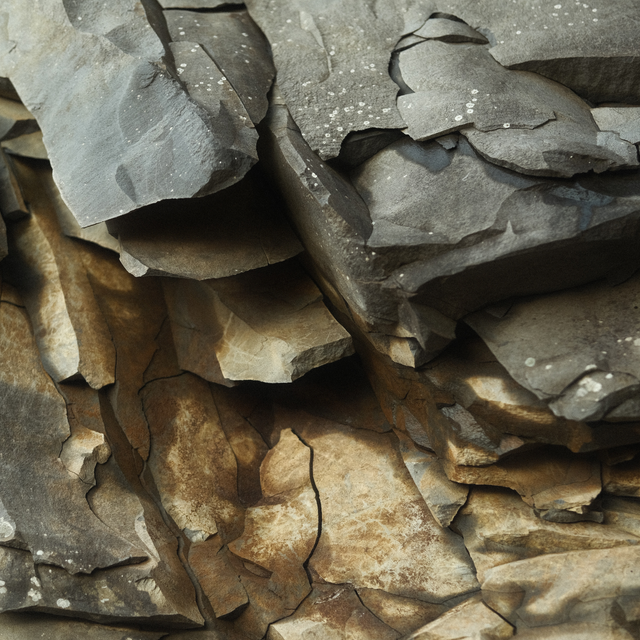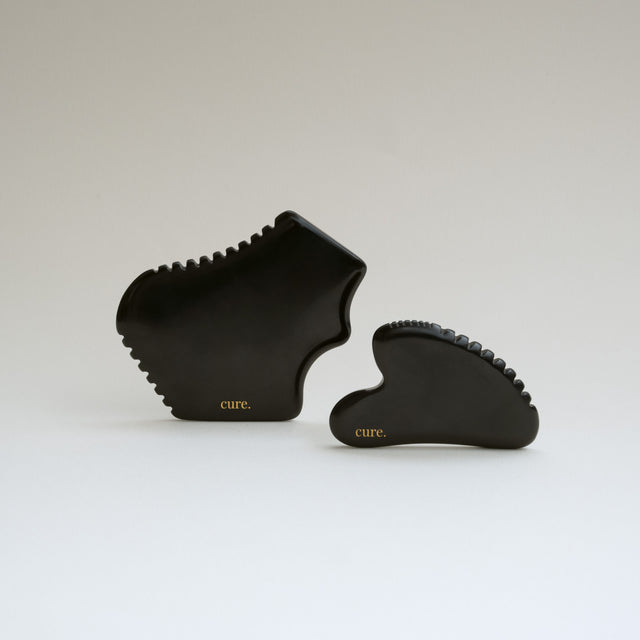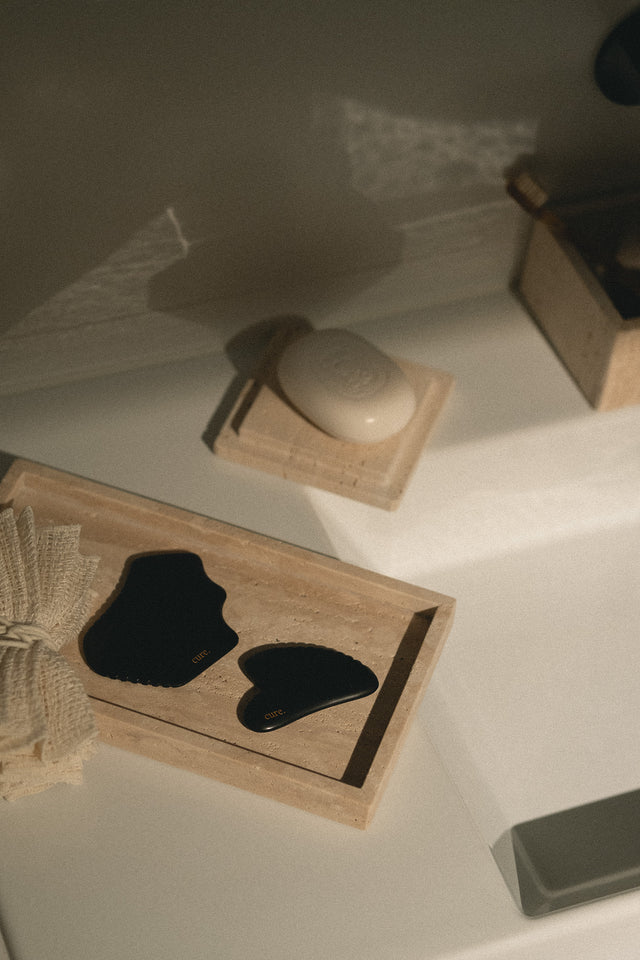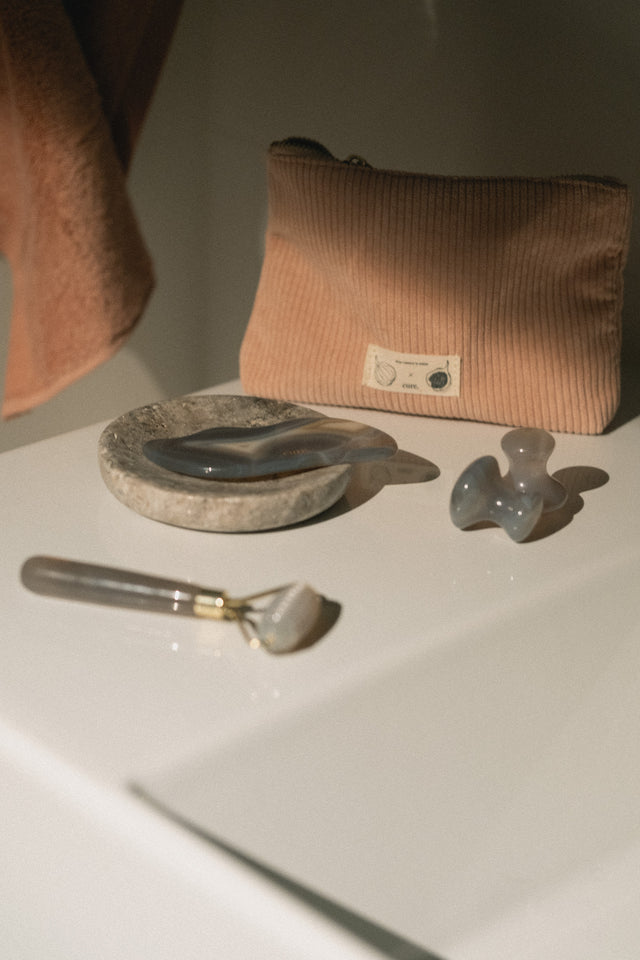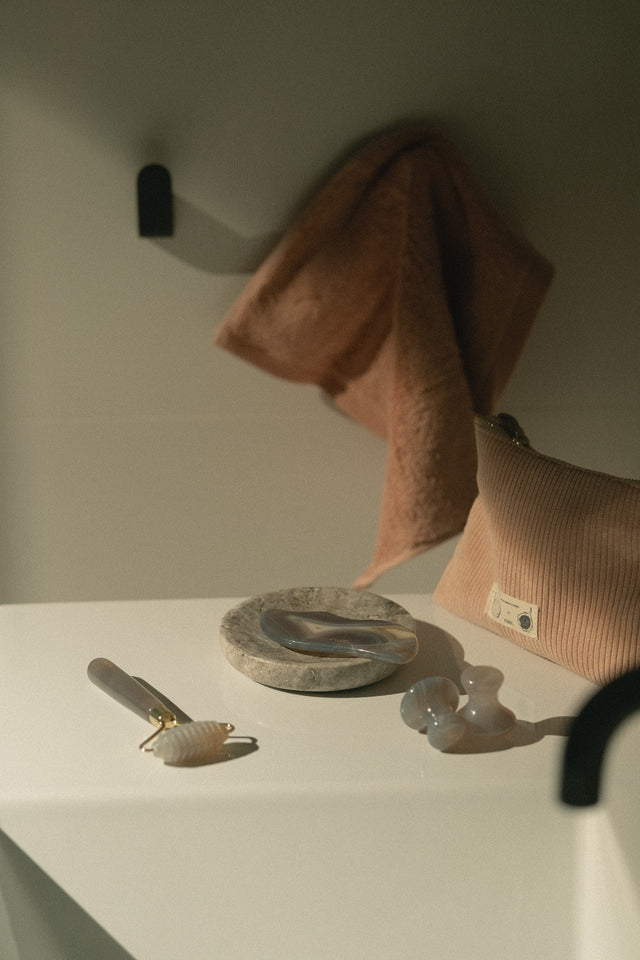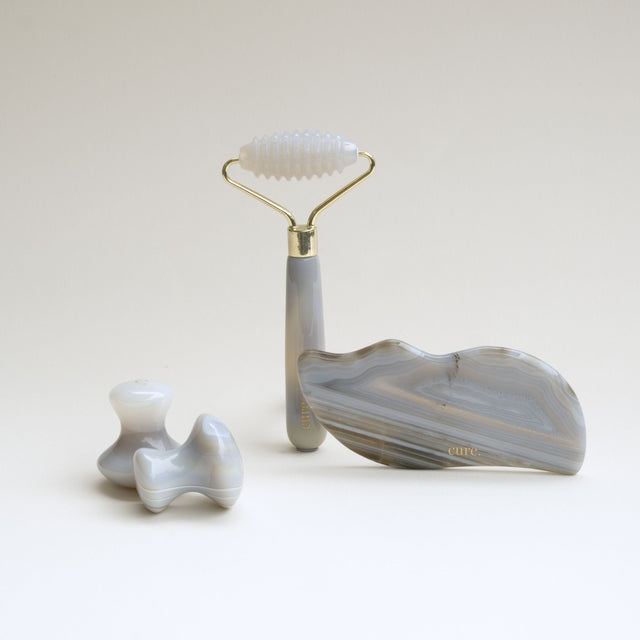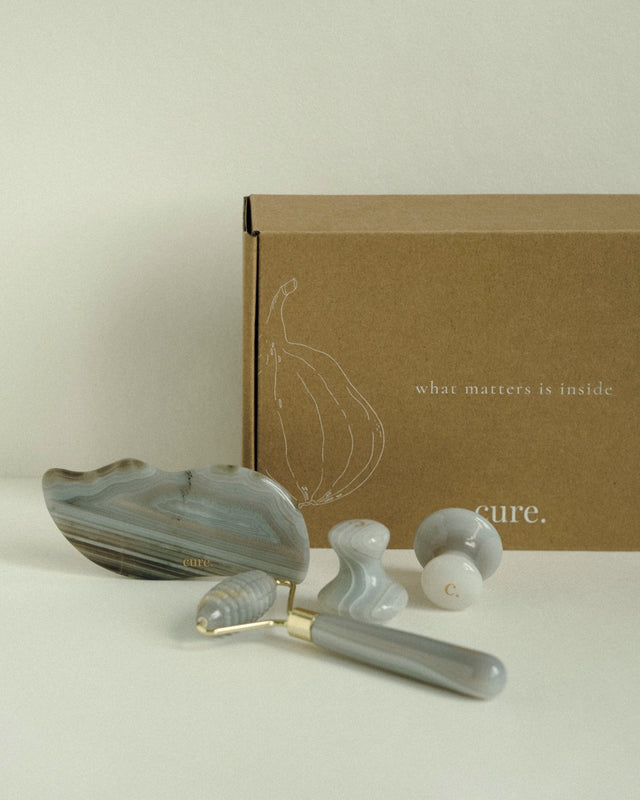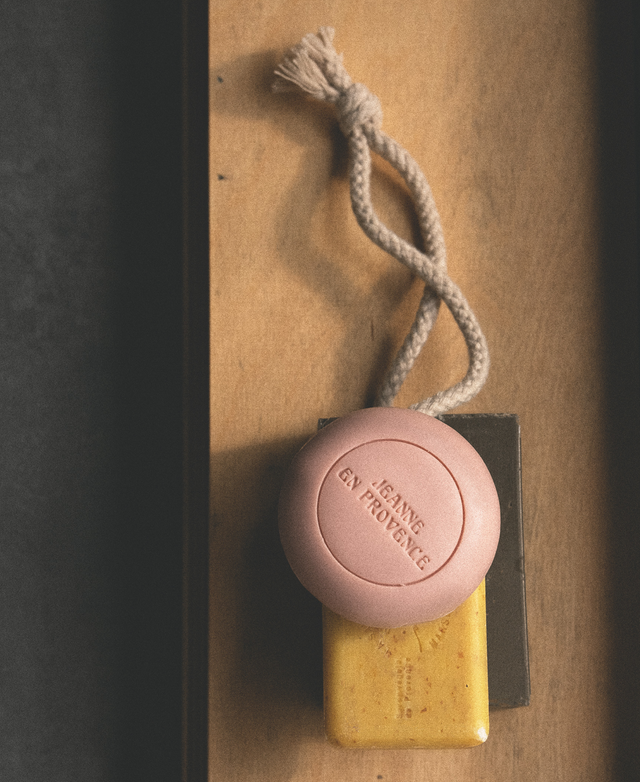Peeling Skin on the Face: Causes and What to Do About It
Peeling skin is a common issue that almost everyone encounters periodically. There are various reasons that can lead to this condition. However, dealing with peeling skin is usually straightforward. Let’s discuss how to do it.
Why Does Skin Peel?
One of the primary reasons for skin peeling is damage to the protective barrier, also known as the hydro-lipid mantle of the skin. When this barrier fails to function properly, moisture evaporates too quickly, leading to dehydrated and flaky skin.
Both external and internal factors can trigger skin peeling:
- Negative impact of the environment. Exposure to strong winds, frost, or extreme heat can contribute to skin peeling. Dry indoor air can also be a cause.
- Aggressive cleansing. Cleansers containing aggressive surfactants can disrupt the lipid mantle and disturb the skin’s pH balance.
- Incorrect skincare. Overuse of peels and scrubs, inadequate moisturization, and skincare routines that don’t consider the skin’s specific needs can lead to peeling.
- Vitamin deficiency. Vitamins A, E, C, and the B group are crucial for healthy skin. Only a doctor can determine vitamin deficiencies through appropriate tests.
- Improper hydration or diet. Insufficient water intake and excessive consumption of fast carbohydrates negatively affect the skin’s condition.
- Skin сonditions and allergies. If you experience skin peeling due to skin conditions or allergies, it’s essential to consult a dermatologist or cosmetologist for proper treatment.
What to Do If Your Skin Is Peeling
First, you need to review your skincare routine, making it as gentle as possible with a focus on deep hydration and restoring the protective barrier.
- Avoid hot water. Don’t wash your face with hot water, and avoid taking hot showers. Use only lukewarm water.
- Stay hydrated. Maintain proper hydration and pay attention to your diet.
- Seasonal protection. If you have sensitive skin prone to peeling, use protective products against cold, wind, and sudden temperature changes during autumn and winter. Don’t forget sun protection during warm seasons.
- Use a Humidifier. If you spend a lot of time in heated rooms, consider using an air humidifier.
- Avoid aggressive treatments. During periods of intense peeling, refrain from using aggressive peels, scrubs, and intensive cleansing procedures. Also, avoid heavy makeup.
- Check your cleanser ingredients. Study the ingredients of your cleansing products. Opt for gentle options suitable for sensitive skin.
- Prioritize sleep. Ensure you get enough rest. While you sleep, your skin rejuvenates, cells accumulate energy, and natural processes normalize. Consider using a silk sleep mask for healthy rest.

